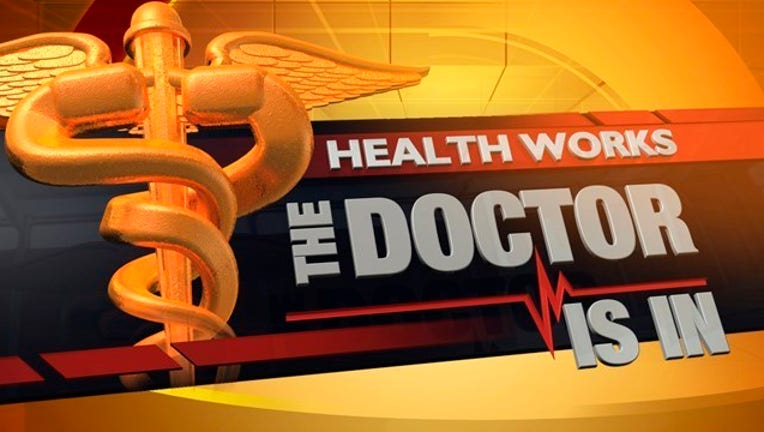The Doctor Is In: Crohn's and Colitis

On Wednesday, join Deena Centofanti and experts at Henry Ford Health System as they discuss Crohn's Disease and Ulcerative Colitis.
Our Expert:
Nirmal Kaur, M.D.
Director of the Inflammatory Bowel Disease Center Henry Ford Health System
Crohn's Disease and Ulcerative Colitis are part of a group of digestive disorders known as Inflammatory Bowel Diseases.
Crohn's is a chronic inflammatory condition of the gastrointestinal tract. Adolescents and adults ages 15 - 35 are mostly affected, though Crohn's can occur at any age.
Colitis affects only the colon, or large intestine. Most people are diagnosed in their mid-30s, though colitis can occur at any age.
Common symptoms associated with Crohn's Disease include:
Persistent diarrhea
Rectal bleeding
Urgent need to move bowels
Abdominal cramps and pain
Sensation of incomplete evacuation
Constipation (can lead to bowel obstruction)
Loss of appetite, weight loss and fatigue also are common
Treatment options include medication, diet and nutritional changes and surgery. An estimated 70 percent of people with Crohn's will require surgery. However, Crohn's can reoccur later in life.
Common symptoms associated with colitis include:
Bowel movements become looser and more urgent
Persistent diarrhea accompanied by abdominal pain and blood in the stool
Stool is generally bloody
Crampy abdominal pain
Loss of appetite, weight loss and fatigue also are common
Similar to Crohn's, treatment options for colitis include medication, diet and nutritional changes, and surgery.

